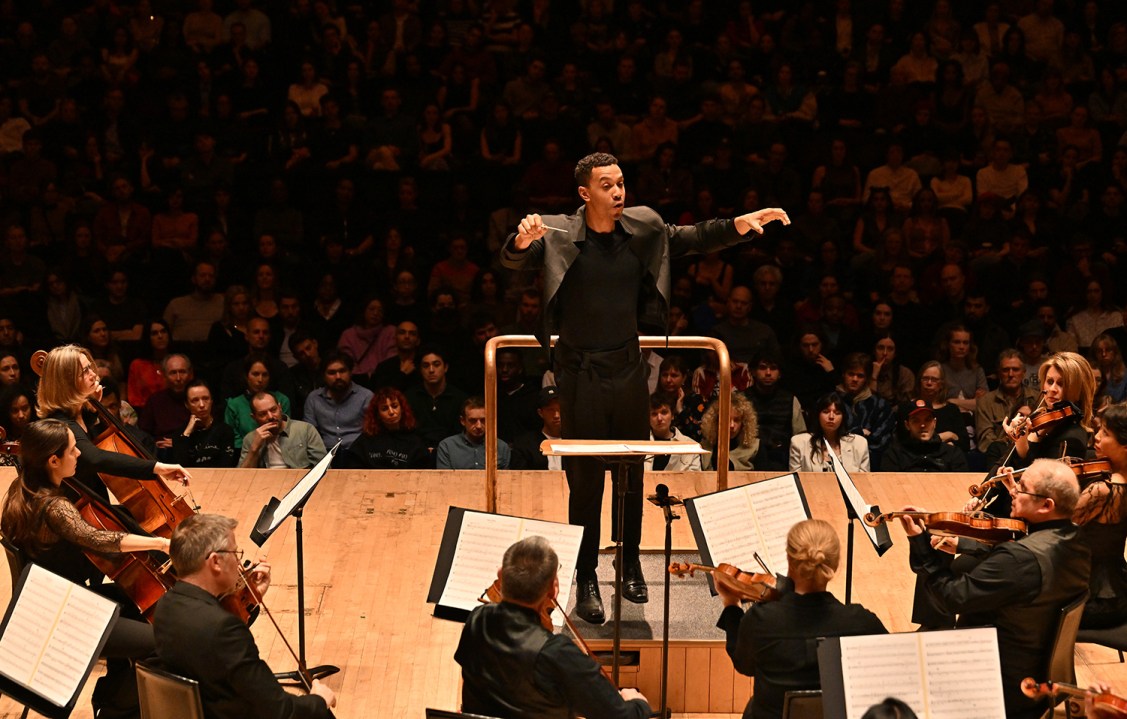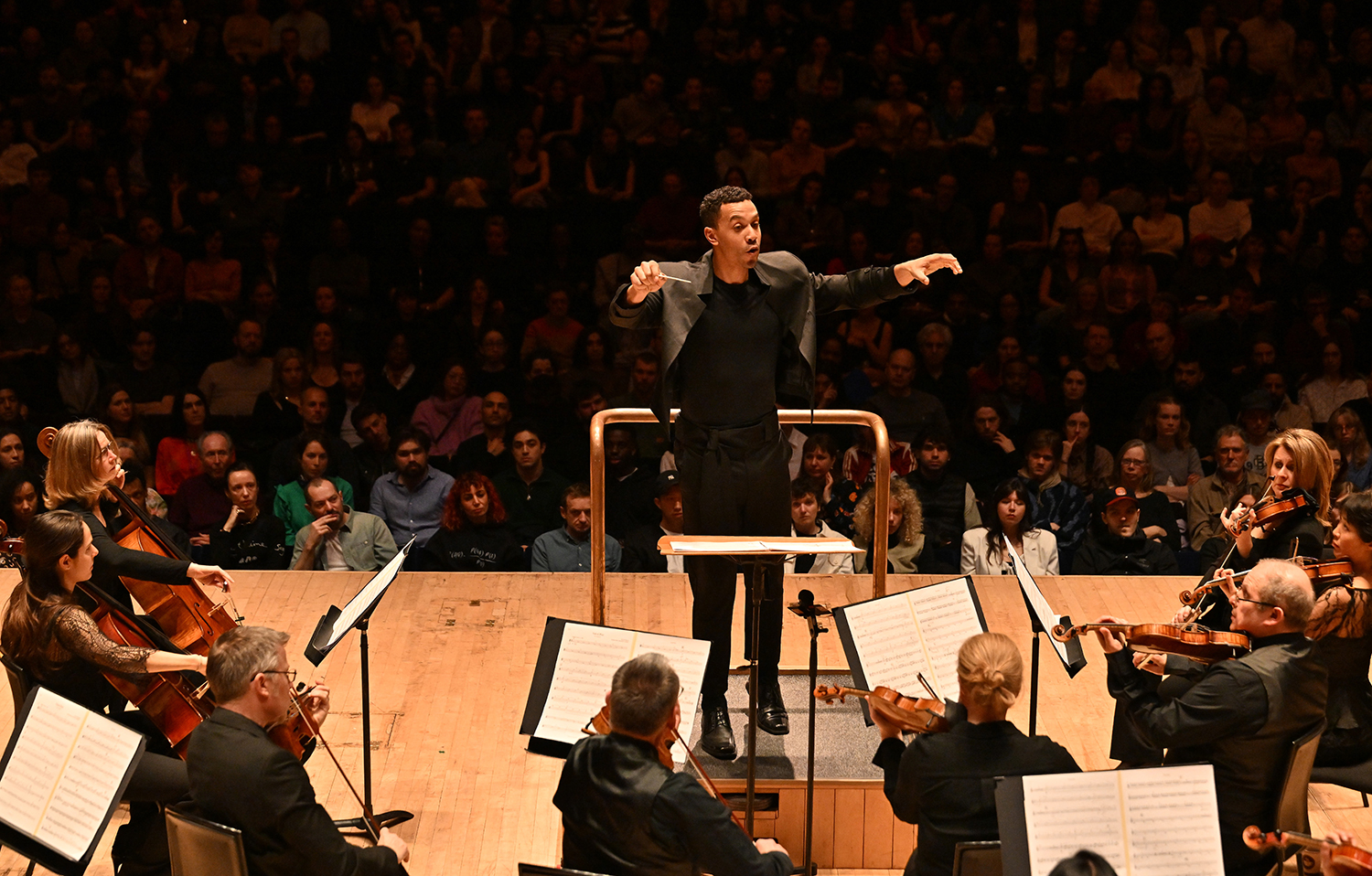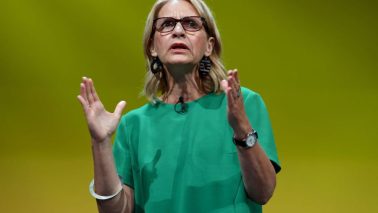Think of pop music as being like the parable of the sower. These days the seed falling on stony ground comes from the young rock bands, while the stuff that’s finding fertile earth is on the edges of R&B where it shades into other styles, especially psychedelia. It works from both ends: the Australian group Tame Impala went from being a workaday psychedelic rock band to being festival headliners by bringing dance music into their sound. Meanwhile within black music, Janelle Monae – perhaps better known as an actor – and Solange Knowles are regarded by critics as something not far short of deities for their Afrofuturist, trippy takes on R&B.
In the UK, Devonte Hynes has become our leading representative of the unlimited possibilities of combining genres. In the first years of this century, he fronted a group of indie also-rans called Test Icicles, but has spent the intervening years developing a reputation as one of our most forward-thinking musicians, both as a collaborator with the likes of Solange Knowles, Britney Spears, FKA Twigs and scores more, and in his own right under the noms de plume of Lightspeed Champion and Blood Orange. He’s such a name to drop that he filled the Barbican for two nights, doing nothing even remotely associated with his main activities.
Hynes filled the Barbican for two nights, doing nothing even remotely associated with his main activities
Instead, he and the LSO – conducted by Matthew Lynch – were exploring his classical compositions: one for orchestra, one for orchestra and piano, a couple of piano duets and one solo piano piece. The classical excursion is the beloved pastime of the rock or pop musician who has the sense that they have Great Things to say – right back to Deep Purple unveiling their Concerto for Group and Orchestra in 1969.








Comments
Join the debate for just £1 a month
Be part of the conversation with other Spectator readers by getting your first three months for £3.
UNLOCK ACCESS Just £1 a monthAlready a subscriber? Log in